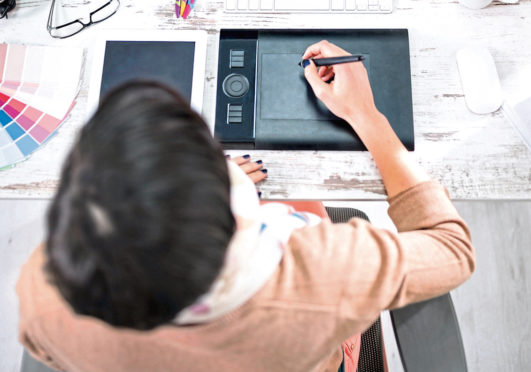The trend of co-working, where offices and other workspaces are used by self-employed people or a small team from a typically not-so-large business, is on the rise.
Co-working office spaces tend to feature a number of different and often diverse businesses.
Workers can not only share equipment but also benefit from an open concept which is designed to stimulate collaboration on ideas and knowledge.
Cushman & Wakefield’s 2018 Co-working and Flexible Office Space report has claimed co-working is booming globally, especially in key US markets as well as in Asia and Australia.
It said co-working had taken up more than five million square feet of new space in each of the past three years.
The report also predicted the sector would triple in size in the foreseeable future, reaching the point when it could represent as much as 10% of office inventory in various international markets.
While the UK lags behind the US and some other international markets in terms of co-working, that is starting to change.
The 2018 Global Co-working Survey (by Deskmag) showed real growth in the trend across the UK.
It found that UK co-working spaces host an average of 121 users, a 19% rise from a year earlier and significantly higher, by 81%, from 2016.
US co-working group WeWork has quickly become the largest corporate office occupier in central London, underlining the speed of growth in the co-working sector.
London has, perhaps unsurprisingly, become the UK’s main co-working hub but it is also on the rise in Scotland, with Aberdeen starting to get in on the act.
Spaces, a new site featuring co-working office space has set up in the Granite City’s Marischal Square (MSq) development.
Other co-working sites in the city include those within Elevator’s South Aberdeen Business Centre.
Billing itself as an international creative working environment provider, Spaces has taken a total of 26,400sq ft on the first floor of the 1MSq building, which includes a mixture of small offices along with dedicated co-working desks.
Co-working is clearly suited to modern economies around the world and could be ideal for helping the north-east with its own economic ambitions.
Many of the sectors that we want to grow to achieve diversification, including technology and life sciences, are perfectly suited to co-working, especially in the early days of a business.
The opening of Opportunity North East’s technology hub later this year, which will include co-working space, will provide an ideal environment for start-up businesses to work and network.
Existing analysis of the commercial property sector suggests the trend of co-working is likely to increase across the UK and throughout the world in years to come. It is, therefore, encouraging to see this market continuing to develop in Aberdeen.
It could help the city and the wider region as it seeks to attract and suitably accommodate the businesses that will drive forward our longer-term economic aspirations.
